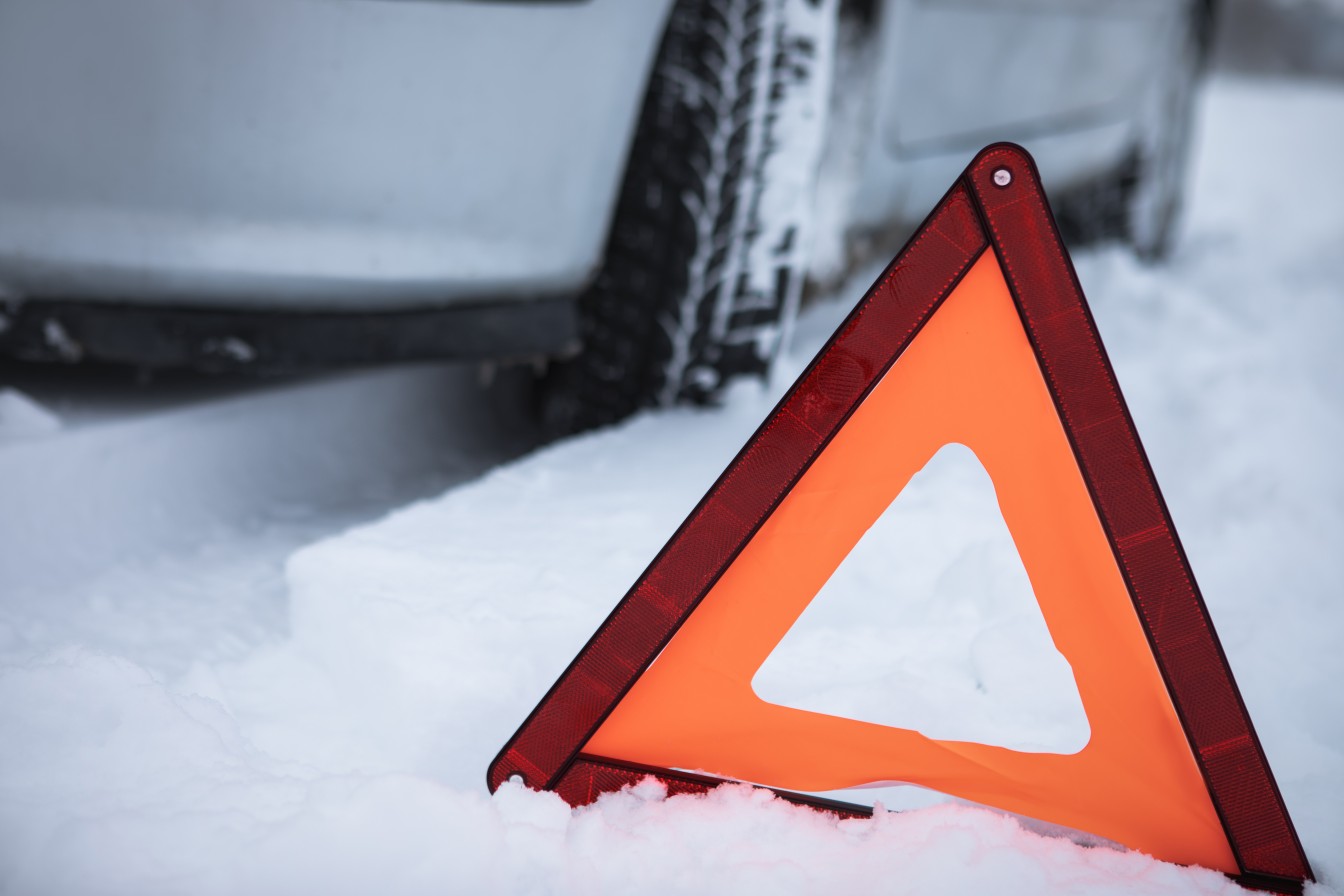
Heavy Rain, Flooding, and Chance of Severe Weather Staring Down the Southern U.S.
January 22, 2024
Posted: January 2, 2024 11:52 am





The parade of winter storms that continues to pummel the eastern half of the U.S. has left numerous motorists stranded in recent weeks. Most notably, a winter storm that hit Virginia to start the year left thousands of motorists stranded on a stretch of 40 miles on Interstate 95 for over 24 hours. So what can you do if you find yourself in this potentially dangerous situation?
Here are a few things to keep in mind when traveling the roads during a winter storm event.
The best way to protect yourself against getting stranded during severe winter weather is to simply avoid getting out on the roads. Keeping abreast of the current and predicted weather conditions will help you to make the best decisions about whether to head out on the roads or stay home. If there is any mention of ice, snow, or freezing rain in your local forecast, you need to learn when the precipitation is forecast to hit. This will help you to make an informed decision about whether to get behind the wheel. Keep in mind that road conditions can deteriorate quickly during this time of the year, making it important that you know what is in store for your area.
Keeping a well-stocked emergency kit in your vehicle at all times is a great preventative measure. These essentials can keep you safe in a winter weather emergency. Items to keep in your car kit include a flashlight, a blanket, gloves, a battery-powered radio, jumper cables, a first aid kit, bottled water, and nonperishable food. You should also keep a shovel to help dig the car out of snow as well as either a bag of sand or kitty litter to assist in gaining traction. Flares may also be useful if you need to draw attention to your location for a potential rescue.
You should not abandon your car if you are unable to get a stuck vehicle out of the snow or the ice. It is likely that the vehicle is the best shelter that you will be able to find, particularly if the conditions are still howling. Even if the precipitation has let up, cold temperatures can lead to hypothermia quickly. This is especially true if you are not dressed for the conditions.
In most cases, your vehicle will be the safest place to hunker down. Do not make the mistake of trying to get out of your car and find safety. There are deaths every year when people try to leave the safety of their vehicles when the snow is flying and they get lost in the cold.
If you have cell phone service, you should notify authorities of your location as soon as possible. You can also try using any applicable navigation services within your vehicle to get this notification across. Important pieces of information to relay include your location, how much gas you have left in the vehicle, and how much food and water you have on hand to sustain you.
How you choose to utilize your gas and battery life can potentially save your life. Even if you have a full tank of gas, resist the urge to keep it running for continuous heat. Not only will this waste fuel, but it will also increase the threat of carbon monoxide poisoning.
The best course of action is to alternate between running the engine for heat and opening the windows. Having a blanket, gloves, and warm clothing with you will help you to stay warm during the times that the heat is not filling the vehicle.
If you are on a well-traveled road, it is also important to make sure that your vehicle is highly visible to other motorists. This could accelerate any rescue and also help to mitigate the chances of a collision.
If you have a piece of colorful fabric, consider hanging it out your window to make you more visible. This will alert those passing by that you are in need of help.
Once the storm has passed, be sure to check the current conditions at your destination before venturing out again. As with all road emergencies, an ounce of preparedness can go a long way in ensuring that you get home safely.

January 21, 2024

January 19, 2024

January 18, 2024